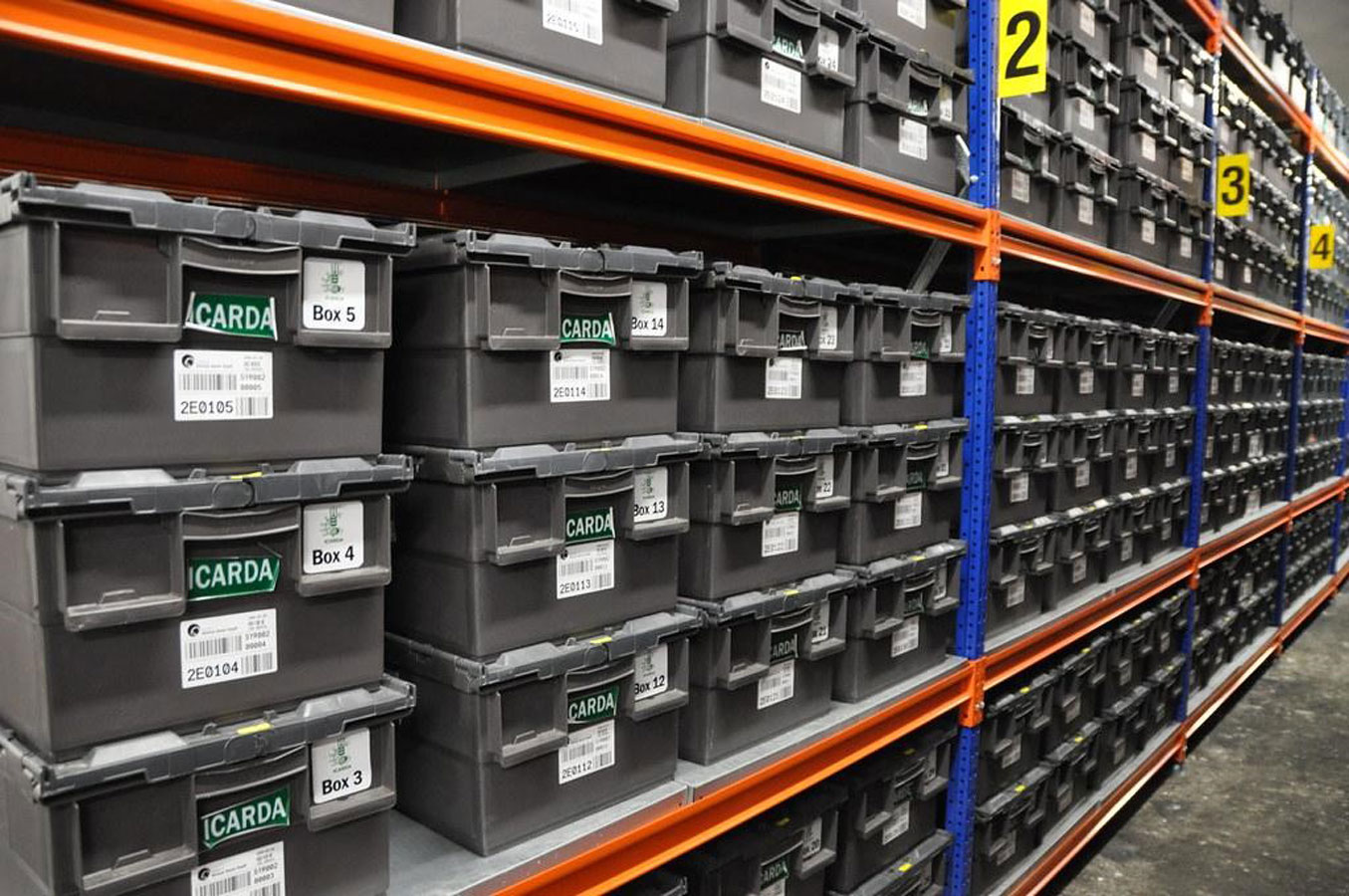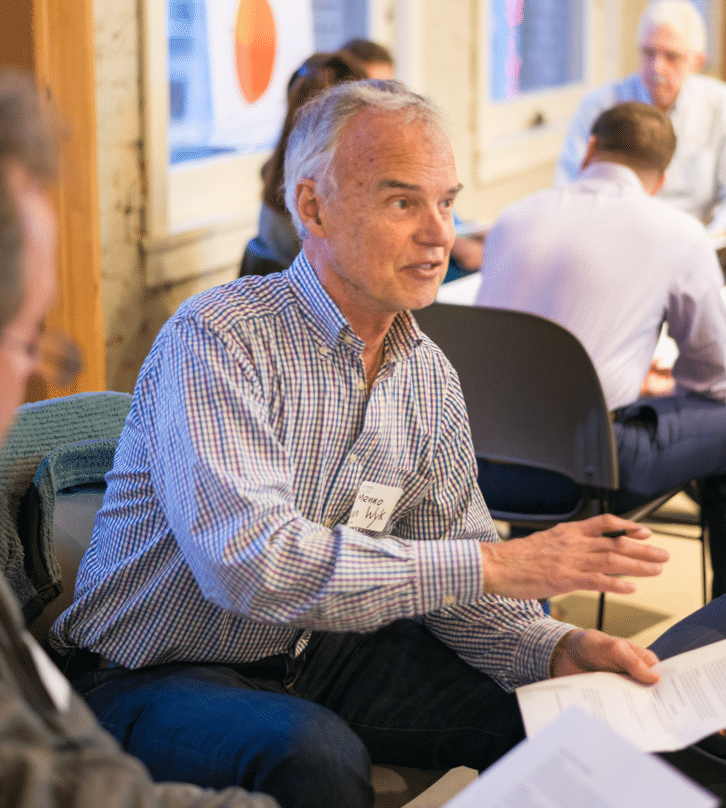Seed banking is an old idea that’s quickly gaining popularity as agricultural scientists fret about the impacts of climate change on future food supplies. Kept in the right conditions, seeds can be viable for hundreds of years. Some scientists have even successfully germinated seeds thousands of years old.
The Svalbard Global Seed Vault is the most famous example of these seed banking facilities, but it’s hardly the only one. For example, the United States Department of Agriculture maintains a more modest seed bank on the campus of Washington State University. Several governments have set up their own seed banks, and one scientist is even attempting to build an independent seed bank in a bid to save the wild and native edible plant species in his country from obsolescence (https://www.growfurther.org/call-of-the-wild-bringing-nature-back-to-cambodias-plate/). Now the world can celebrate the addition of two more seed banks, new centers in North Africa and the Middle East devoted to saving dryland agriculture from the worst ravages of global warming.
Dryland seed banking
“Their hardy traits offer the world much in the way of adaptability to climate change for future crops.”
On May 18, the International Center for Agricultural Research in the Dry Areas, or ICARDA, hosted an event in Rabat, Morocco to formally launch the new ICARDA Morocco Genebank. A second affiliated seed bank opened the same day in Lebanon. ICARDA officials said the purpose of the twin seed banking facilities is to help researchers develop the next generation of higher-yielding, climate-resistant crops by storing “the world’s most unique and extensive collections of wheat, barley, chickpea, faba bean, lentil, and forage genetic material” to serve as the foundations of various agricultural research programs. The launch event was attended by Morocco’s minister of agriculture and the regional head of CGIAR, a global agricultural science research and advocacy organization under which ICARDA is housed. Funds to establish the seed banks were provided by CGIAR, Morocco’s government, Germany’s international development agency, and the European Union.
Attending the launch event in Rabat, Dr. Sonja Vermeulen, Global Director of Genetic Innovation at CGIAR, congratulated the Moroccan government on the addition of the new seed bank to its territory. “We are sitting here today in a region which is the ancestral home of many of the cereals and legumes that are the basis of our global food security,” she said. “This region is also where the future sits, and I very much welcome these forward steps for Morocco and for ICARDA.”
Officials said the locations for these two new seed banks were strategically selected to aid in the research of wild ancestors of common staple crops that evolved to survive in drier climates. Many of these wild varieties of cereals, legumes, and other critical foods already thrive in some of the harshest arid conditions “and their hardy traits offer the world much in the way of adaptability to climate change for future crops,” ICARDA said. ICARDA and its partners hope to harness the evolutionary tools these wild species use to survive for extended periods of little to no rainfall.
Century-long cold storage
The new genebanks will be used to house sample seeds for up to 100 years in large cold storage rooms alongside laboratories designed for crop research in controlled environments. But any research and design work on new crop varieties will not remain stuck in the laboratory indefinitely, Vermeulen promised. “The genebanks will work closely with the breeders both in terms of trait discovery, and then bringing those new breeds and varieties into farmers’ fields,” she said.
Grow Further will keep an eye out for promising projects using the materials in the new seed banks.
— Grow Further
Photo credit: Boxes of ICARDA-provided seeds rest in cold storage in the Svalbard Global Seed Vault. Ministry of Agriculture and Food, Norway.




